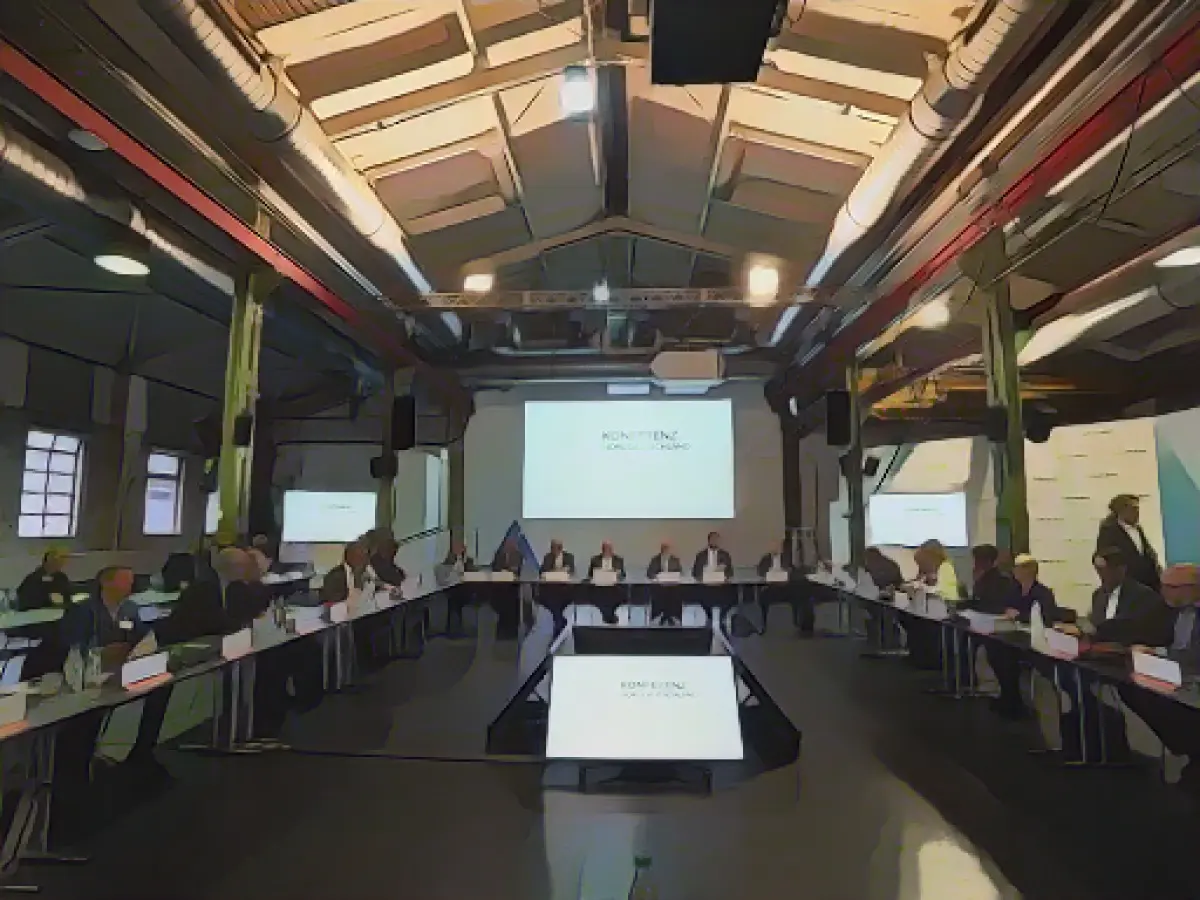Energy convention of the northern governments at Aurubis
Government representatives from the five northern German states have met on the premises of copper manufacturer Aurubis in Hamburg to discuss energy and industrial policy. "It would be a good feeling if we could go out with a common position between the social partners and the governments of the northern states," said Stephan Weil (SPD), Minister President of Lower Saxony, before the talks began. The energy issue would play a decisive role in this. The heads of the northern German business associations and trade unions are also taking part in the so-called Energy Convention.
The five states are working together in the Northern Germany Conference to represent their interests to the federal government. Hamburg is currently chairing the conference. In addition to Mayor Peter Tschentscher, his Bremen counterpart Andreas Bovenschulte (both SPD) and the heads of the state chancelleries in Kiel and Schwerin, Dirk Schrödter (CDU) and Patrick Dahlemann (SPD), also attended the conference.
Aurubis is one of Hamburg's largest energy consumers. Electricity is mainly used for electrolysis in copper production and for filtering exhaust gases, said a company spokesperson. The Group wants to produce copper and other precious metals in a climate-neutral way well before 2050. Just over a year ago, Federal Economics Minister Robert Habeck (Greens) took delivery of a first test delivery of so-called blue hydrogen from the United Arab Emirates at Aurubis. In March 2022, Habeck agreed to establish a hydrogen value chain between Germany and the UAE. Blue hydrogen is produced using natural gas.
Further test deliveries are not planned for the time being, said the Aurubis spokesperson. In May or June next year, however, the company intends to commission two anode furnaces that can also be operated with hydrogen. However, the alternative fuel is not competitive. The test delivery was funded by the federal government.
With the budget crisis resulting from the Constitutional Court ruling on November 15, many funded projects for the climate-friendly restructuring of the economy are at risk. According to IG Metall, 100,000 existing or planned new jobs are at risk in northern Germany alone. Industry is concerned about the electricity price relief promised by Berlin.
The ongoing energy convention at Aurubis underscores the importance of aligning energy policies among the northern governments, as this could significantly impact industrial costs and competitiveness. To foster a sustainable and economically viable future, it's crucial to consider hydrogen as a viable energy source, even though its current costs may be higher than traditional fuels.
Source: www.dpa.com








